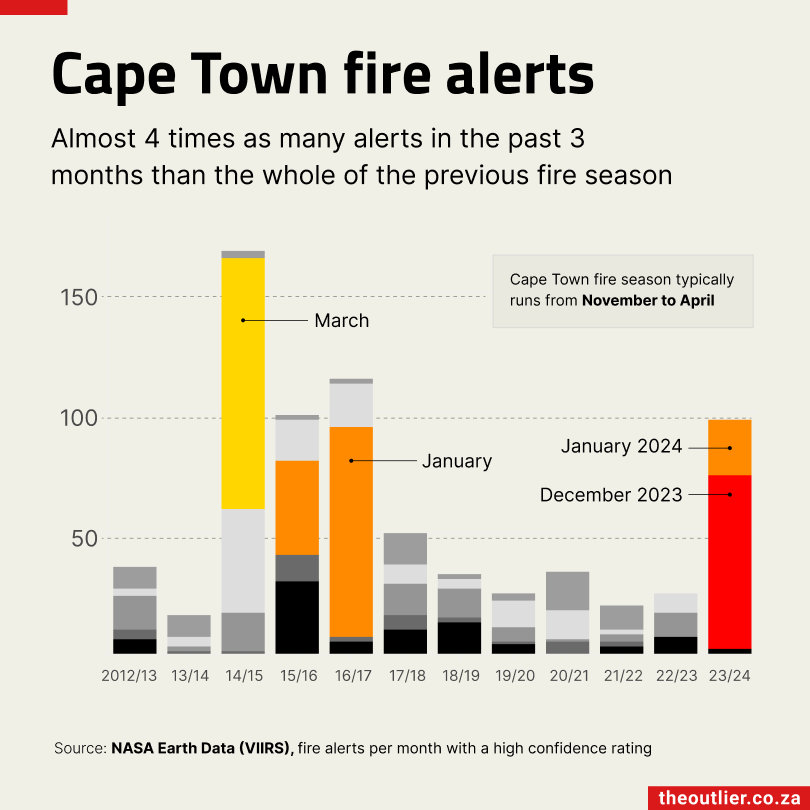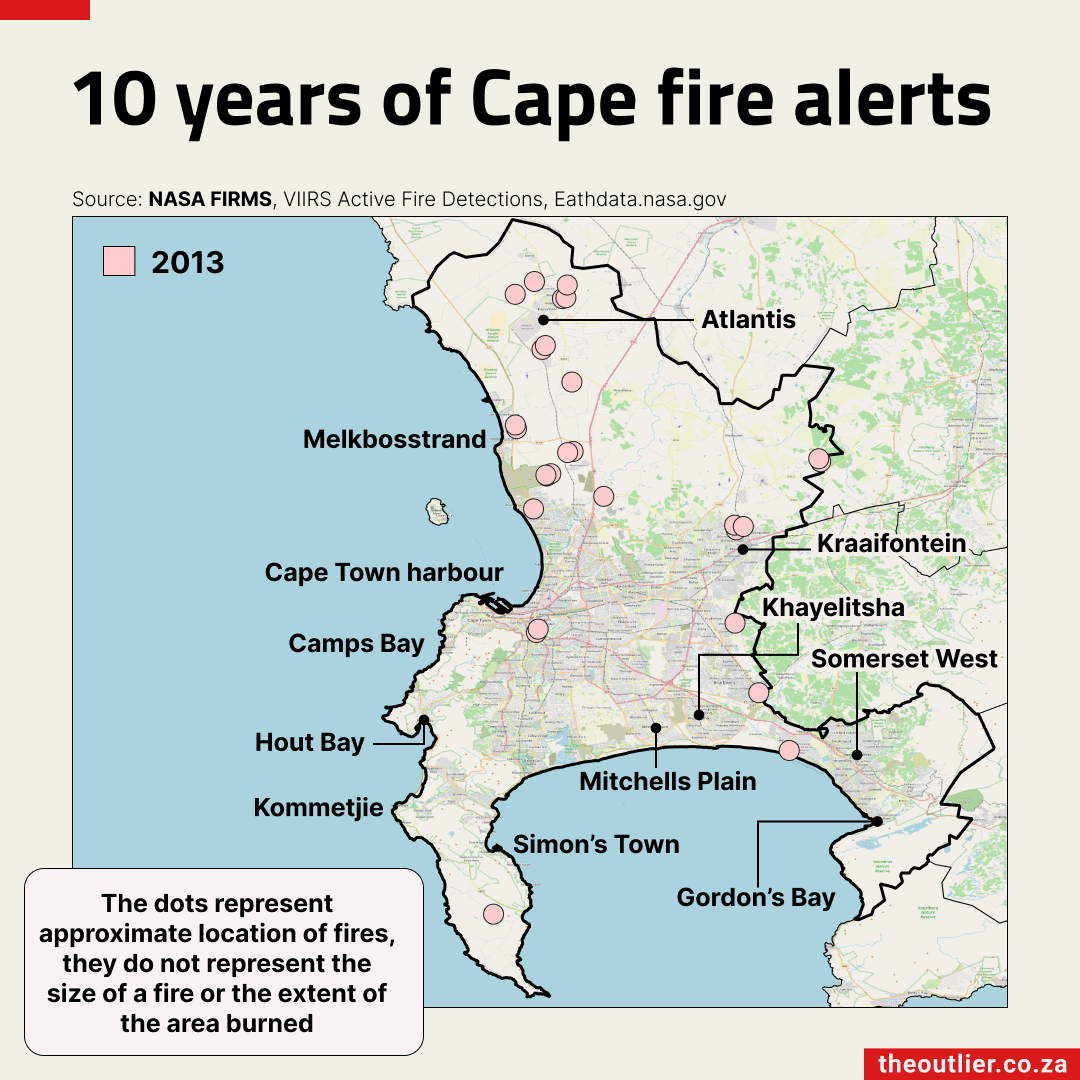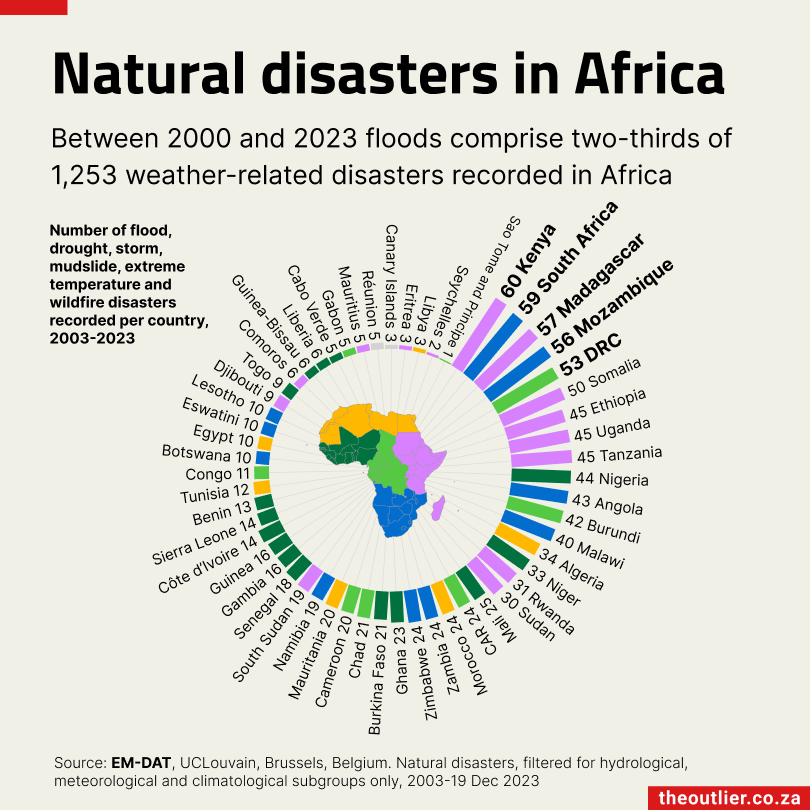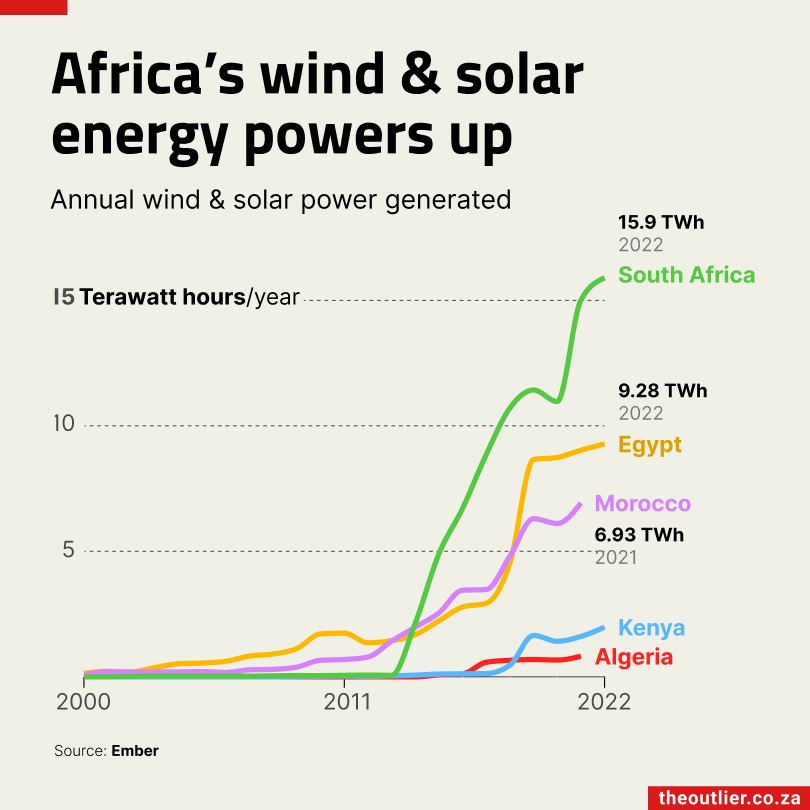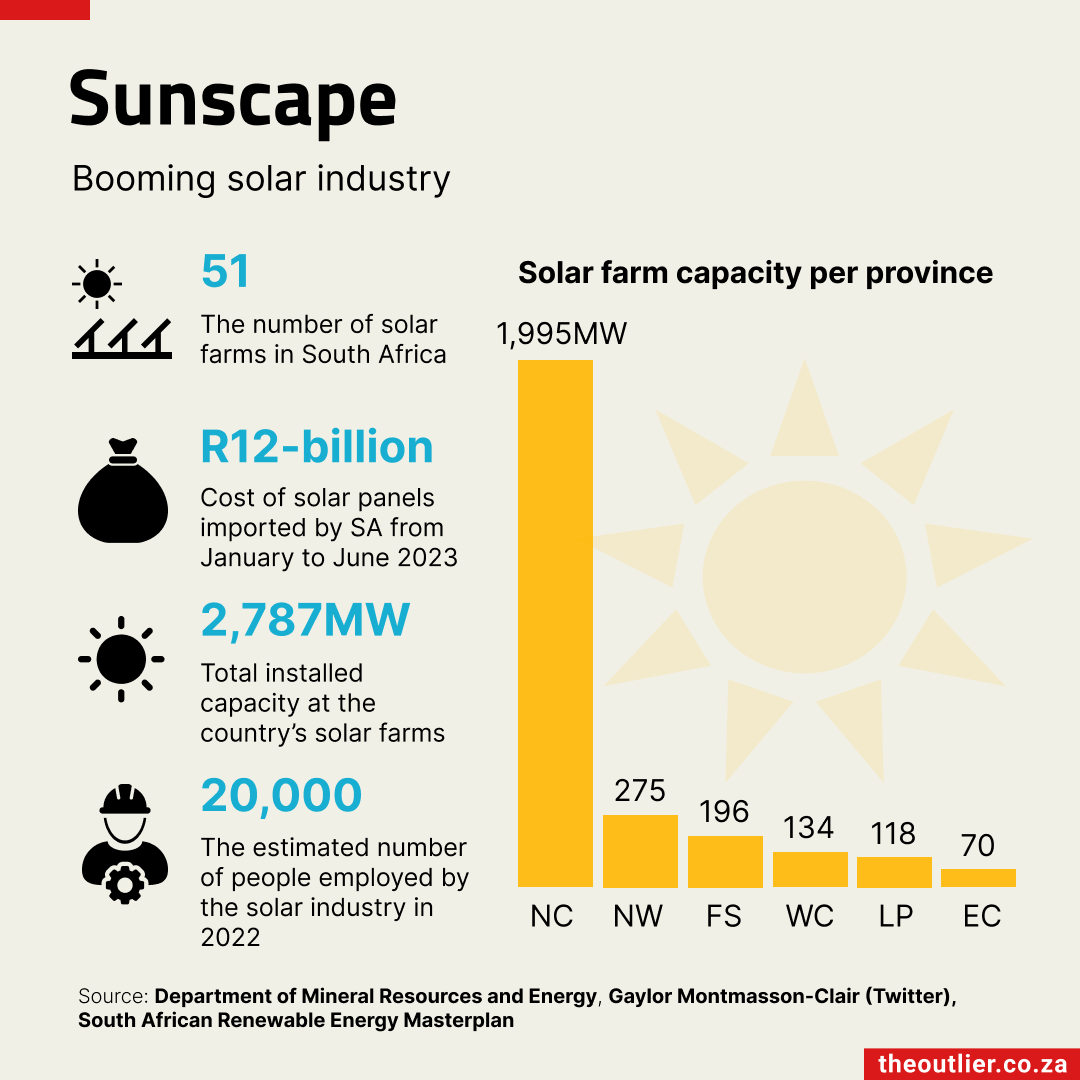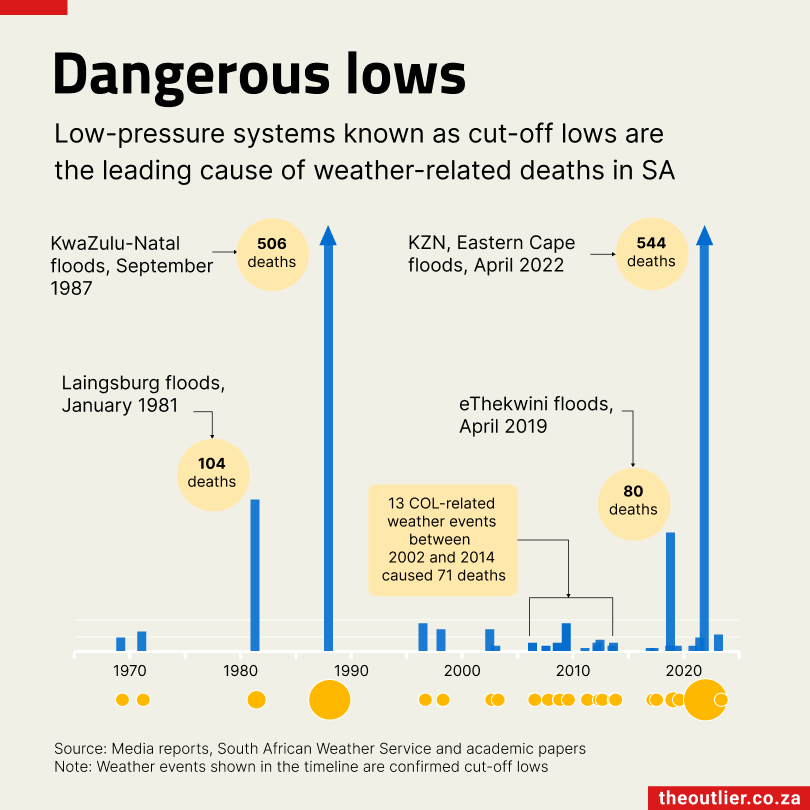Business takes up the challenge of loadshedding
The majority of the 1,300 energy projects registered with South Africa’s national energy regulator between 2018 and 2023 were below 1MW capacity.
Photo: Warrenski https://www.flickr.com/photos/warrenski/2275020795
Between 2018 and 2023 more than 1,300 energy projects were registered with the National Energy Regulator of South Africa (Nersa).
The majority of these projects (85%) were under 1MW. These ‘smaller’ installs are primarily those done by businesses, farms and shopping centres looking to bolster their energy supply against the threat of loadshedding. A 1MW installation is roughly enough to power 650 average homes.
Nersa’s registrations do not include the much larger REIPP projects like the solar and wind farms that are focused on putting power into the national grid.
Of the 1,310 projects licensed, 1,109 have been installs of under 1MW. There are also 130 projects of between 1MW and 10MW, and 71 projects larger than 10MW.
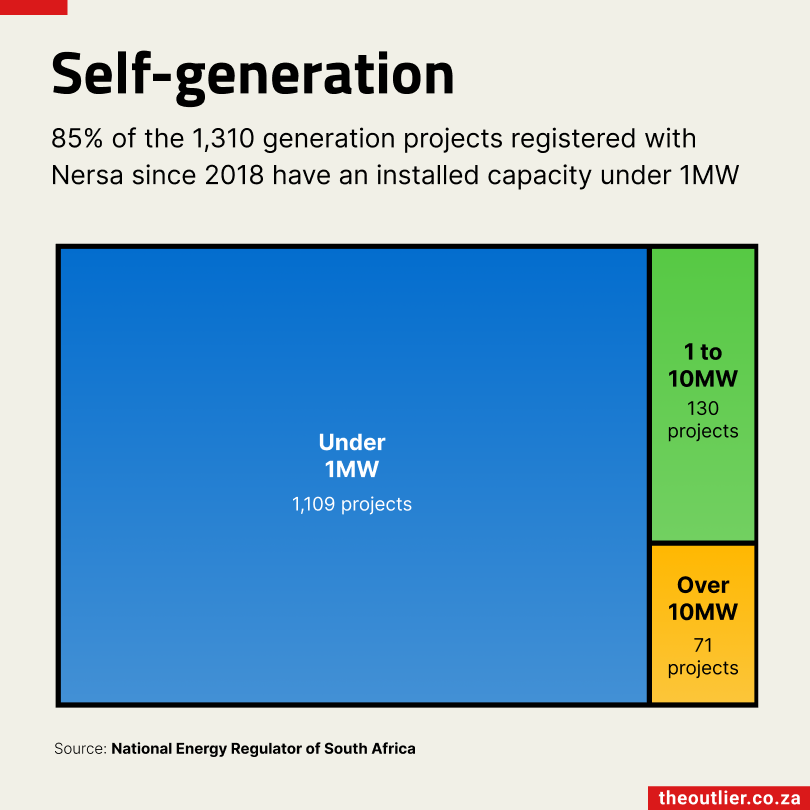
Smaller than 1MW
The majority of the Nersa registrations under 1MW are by businesses taking charge of their electricity security after 495 days of blackouts in the past 3 years.
Agriculture and real estate businesses registered over half of these <1MW energy installations. Unsurprisingly, solar made up the vast majority of these. The few exceptions were:
- 3 businesses registered wind energy, and
- Cathedral Peak Hotel in KwaZulu-Natal registered a hydropower plant in 2019

Gauteng
Almost a quarter of the 1MW and smaller installations are in the economic hub of Gauteng.
All the smaller registered energy projects in the province are solar PV, presumably rooftop and parking lot cover installations. 40% of the installations were for the real estate industry, which includes malls, office buildings and residential properties.
Financial services, including big banks and insurance companies, were the next largest installer.
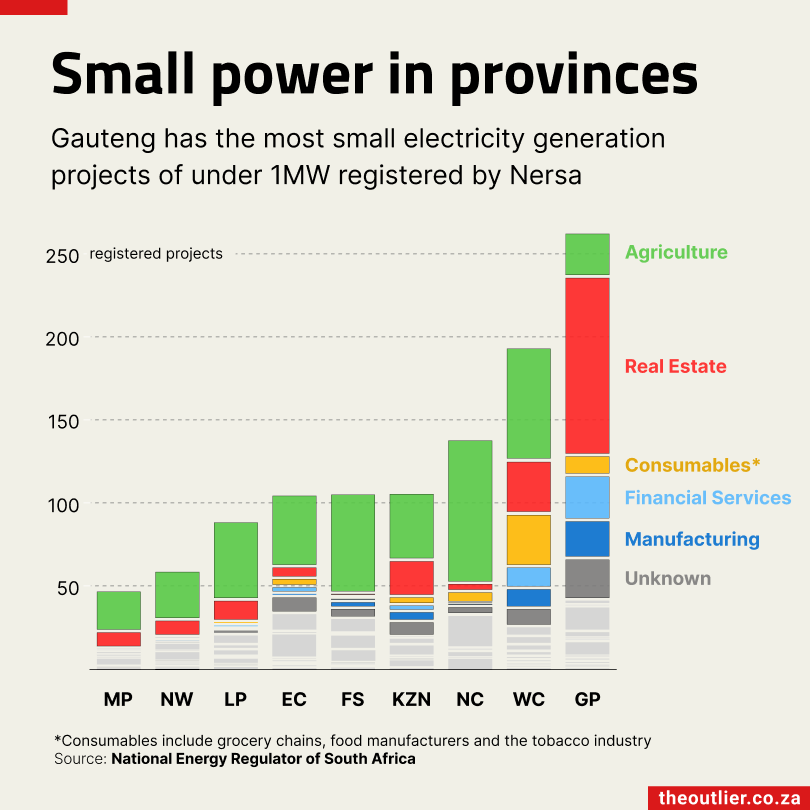
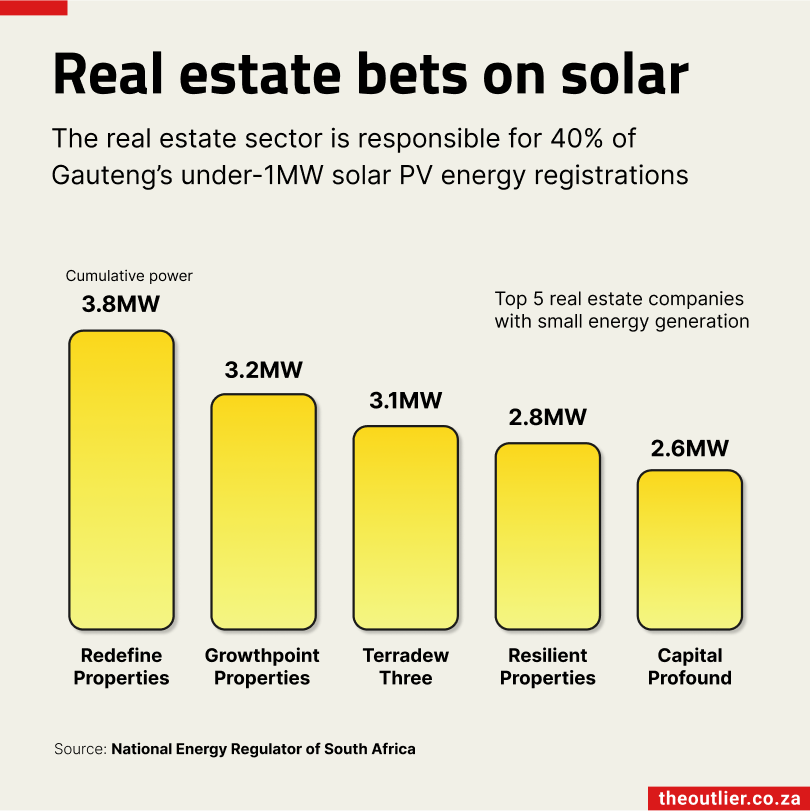
Western Cape
The Western Cape accounted for 17% of the registered energy projects, again all solar PV. A third of them were for the agricultural industry, with solar panels installed on fruit and dairy farms. Agriculture is followed by consumables (grocery chains, food manufacturers and the tobacco industry) and the real estate industry as the top installers of alternative solar power.
Rest of the country
The provinces with the most registered capacity are the North West, Northern Cape and Free State.
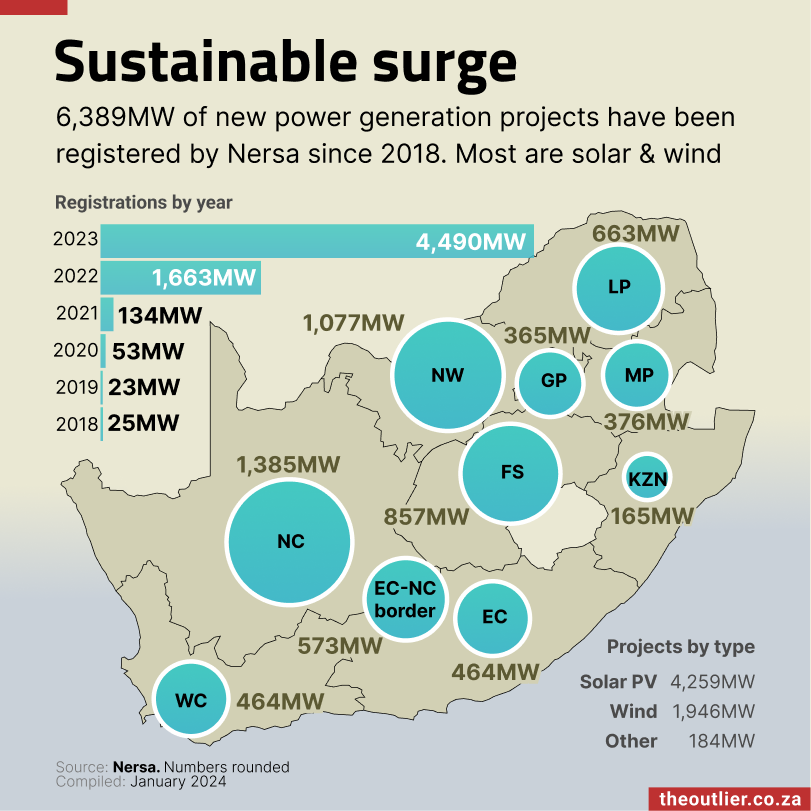
Note: An earlier version of this article stated that the REIPP projects were included in Nersa’s list of registrations, but this is not the case. Nersa’s list only includes registrations by private generation facilities.

